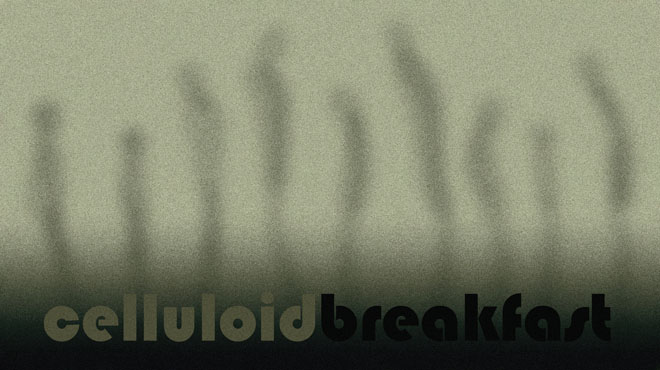Featuring some of the most beautiful and inventive photography of the sixties, The Sun In A Net breaks away from the laboured socio-realism of many of its contemporaries, instead treasuring the richness of every image, a precedent set for the Czechoslovak New Wave of the second half of the decade. With a wonderfully progressive score by musique concrète artist Ilja Zeljenka, the film tells the story of Fajolo and Bela, a troubled young couple who independently use Fajolo’s time at a lakeside summer camp as an excuse to see other people. As lovers and locations interconnect, the couple learn something new about one another, indirectly bonding in a way they could never have asked for.
At the beginning of the film, everyone’s prime concern is to witness the eclipse. Even when the spectacle is over, the theme of limited scope is used and reused, whether it be the purblindness of Bela’s long-suffering mother, or the window frame on the fisherman’s outlook, a location which hosts some of the film’s most private moments. Glimmers of sunlight rebound off water and glass, as if a reminder of the spark of love that had once been. Although the main characters are not particularly likeable, the film sympathises with the restlessness of youth, with most of the adults keeping a tight-lipped vigil over their exploits, as if reluctant to interrupt them. With an excellent script and outstanding union of image and sound, director Štefan Uher has created a timeless but underrated work of art.






No comments:
Post a Comment